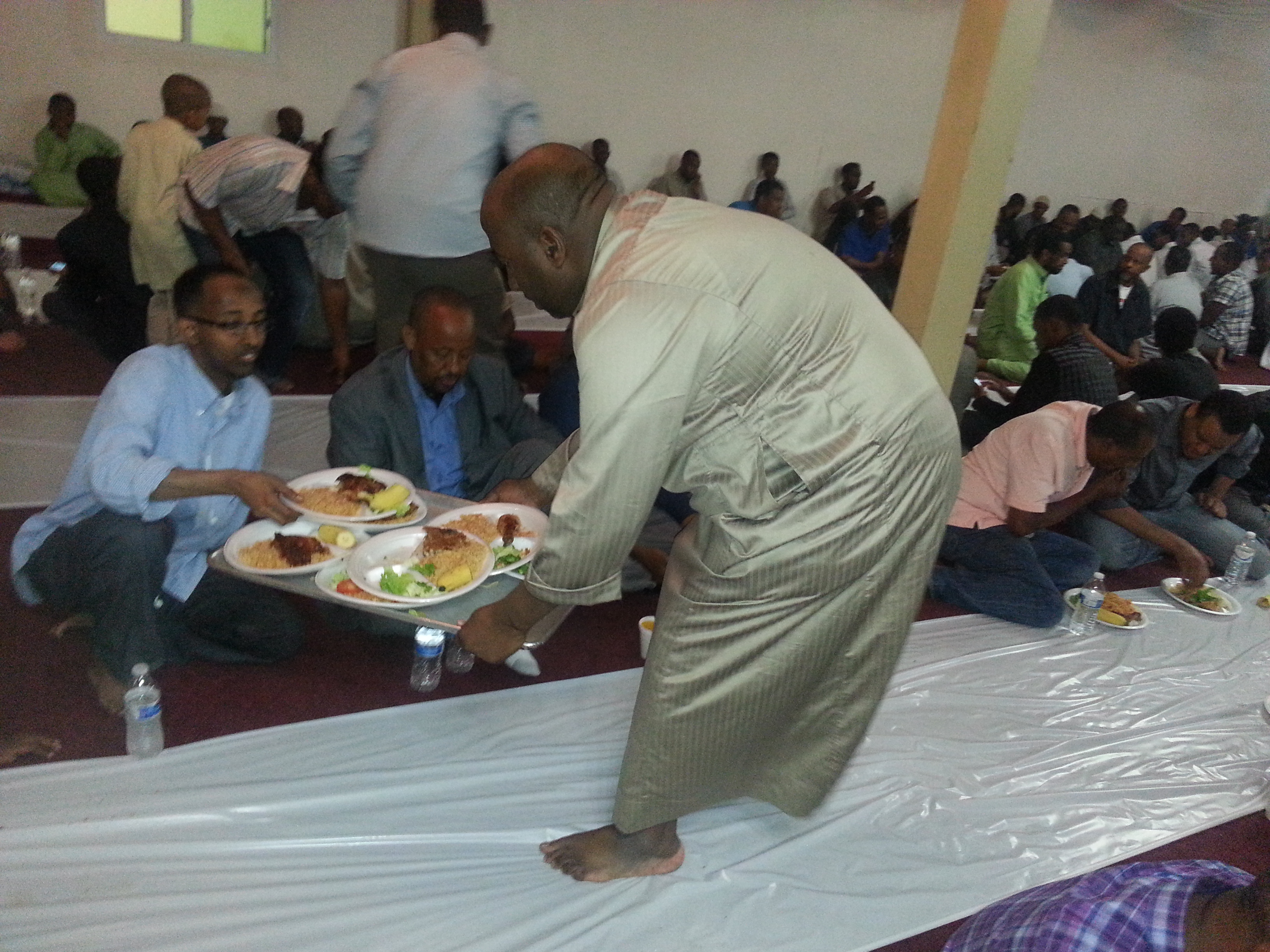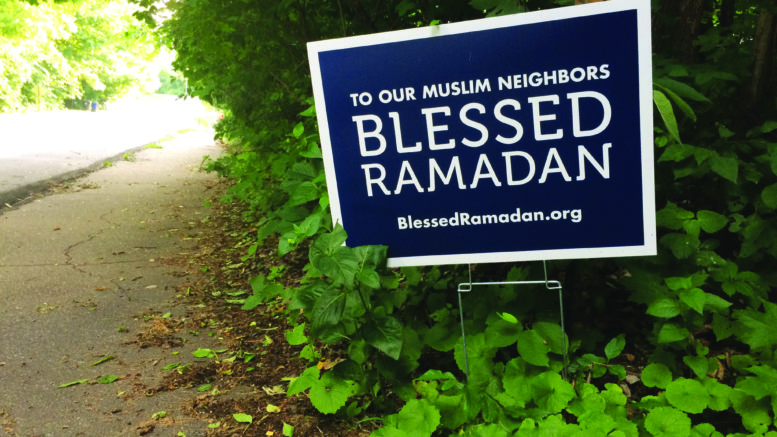A billion and a half Muslims around the world have ushered in the holy month of Ramadan during which they atone for their sins and, through fasting, grow closer to their god. Ramadan is the ninth month of the “Hiijri” or lunar, calendar, and it was during this month that the holy Quran was revealed to the prophet Muhammad (PBUH.)
“Sawm”, or fasting, during Ramadan is one of the five pillars of Islam along with the belief in Allah, daily prayers, alms giving (charity) and a once-in-a-lifetime pilgrimage to Mecca (Hajj). As such, its observance is obligatory for all able Muslims. During this month they must refrain from food, drink, sex and smoking from dawn until dusk. They must fast not only from food but also mischief. It is a month in which they strive to grow closer to Allah by following his commands and distancing themselves from that which is prohibited. The prophet Muhammad (PBUH) assured that “whoever fasts during Ramadan out of sincere faith and hoping to attain Allah’s rewards, then all his past sins will be forgiven.”

“Iftar” is the meal Muslims eat at sunset to break the day-long fast. It is awaited with great anticipation and is taken with family and loved ones. Throughout the month makeshift tents pop up around Muslim communities where iftar, consisting of delicious dishes from across the world, is served to all-comers. For food lovers and others alike, these tents are great place to get a proper taste of Ramadan.
 After the feast, Muslim men and women crowd local mosques for “Salatul Taraweeh”, a staple of the month. Taraweeh is a nightly prayer in which a whole chapter of the Quran is read each night. By month’s end, all thirty of the holy book’s chapters will have been recited.
After the feast, Muslim men and women crowd local mosques for “Salatul Taraweeh”, a staple of the month. Taraweeh is a nightly prayer in which a whole chapter of the Quran is read each night. By month’s end, all thirty of the holy book’s chapters will have been recited.

At the conclusion of the Taraweeh prayer, Muslims return to their homes and sleep. They wake before the following day’s sunrise to eat “suhoor,” the final meal of the night intended to help brace for the next day’s fast. Fast, break, and repeat: these are the fundamental mechanics that govern how Ramadan has been observed for its 1,400-year history. Since the birth of this tradition however, man has vastly expanded his footprint. Nowadays, followers of Islam span the globe and inhabit places like northern Scandinavia where the sun stays high in the sky for over eighteen hours of the day. For Muslims living there, fatwas (Islamic rulings) have been issued instructing them to deviate from the usual dawn-to-dusk formula and instead apply reason to establish fasting hours.
The month of Ramadan occupies a unique place in the annals of Islam. It was during this month the angel Gabriel revealed the first verses of the Quran to Muhammad (PBUH). In this month Allah, our almighty Allah, closes the gates of hell and opens the gates of heaven. In this month is Laylat Al-Qadr, “the night of destiny,” and those who spend it in prayer shall reap the rewards of a thousand months. In this month a good deed is multiplied 70-fold. In this month, patience is rewarded with heaven. But not all are obligated to fast during the holy month. Among the exempt are the ill, travelers, women who are pregnant or nursing, and the old. The exemption is even extended to persons for whom the fast would be an undue hardship. For those, feeding a person in need absolves them of the responsibility. “Allah wants ease for you, not hardship,” the holy Quran reminds us.
Allah intended Ramadan to be a month in which a Muslim strengthens his/her relationship with the creator. However, as is sometimes the case, the laws of man interfere in that relationship. In the northwest region of Xinjiang, China, the Muslim minority Uighurs must acquiesce to the rigid laws of the Chinese Communist party which bans fasting during the month by teachers, students, and government workers. The other extreme is Saudi Arabia where any person eating or drinking in the streets could face imprisonment, deportation, or both. In other Muslim countries, social pressure takes the place of enforced legislation, and the public often derides those who cannot fast, causing those whom god has excused to experience hardship. Muslims must not judge for there is only one judge who in his ultimate wisdom said: “There is no compulsion in faith.”

